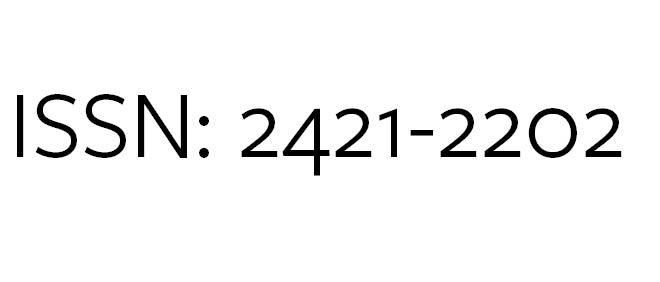The relationship between employability, self-efficacy and job search behaviours in the university-to work transition
Amelia Manuti, Teresa Fiorentino, Maria Cristina Epifani, Rocco Mennuti, Maria Luisa Giancaspro, Cataldo Giuliano Gemmano
The school-university-work transition is a highly relevant process in the life of young people who are looking for their place in society. The outbreak of the pandemic has made this process more complex, leading to a radical redefining of the values, meanings and beliefs that nurture one’s future professional identity. In this scenario, the study analysed the role of employability resources and of self-efficacy to understand their influence on job search behaviours and to investigate any difference between students enrolled in STEM programmes and students enrolled in humanities programmes. Participants were 848 university students enrolled in humanistic (58%) and STEM (42%) programmes, recruited during the training workshops organized by the University of Bari’s Agency for Placement. Results showed that in the group of students enrolled in humanities self-efficacy partially mediated the relationship between employability and job-searching behaviours, while in the group comprising STEM students, self-efficacy was a total mediator of this relationship. These results suggested significant considerations on the role of guidance as a tool for enhancing personal skills and for defining operational strategies to achieve students’ professional goals.
Keywords
Employability, Self-efficacy, Job search behaviours, STEM and humanities students, Placement.



